The Spiritual Essence of Samvatsari: A Day of Intense Soul-Searching and Forgiveness 🙏
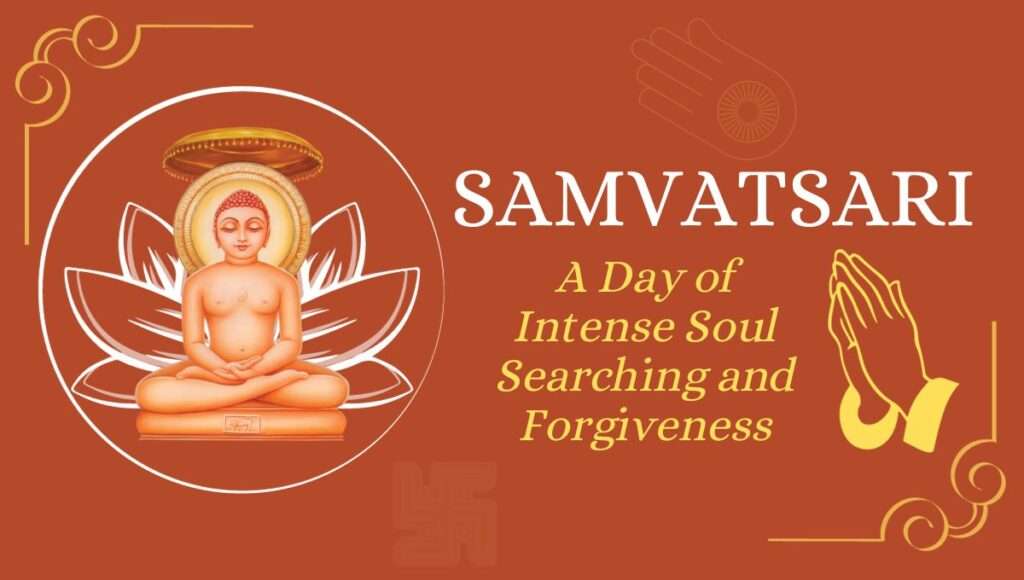
If you’re diving into the beautiful world of Jainism, you might have come across a festival that stands out from the rest: Samvatsari. This isn’t your typical celebration filled with pomp and grandeur. No, Samvatsari is much more profound. It’s a day of intense introspection, a day when the soul undergoes a deep cleanse, and a day of genuine forgiveness. 🙏
Let’s embark on a journey to understand the true essence of Samvatsari, unravel its spiritual significance, and unveil some lesser-known facts that will leave you inspired and enriched. Ready? Let’s get started!
The Origin and History of Samvatsari 🌱
Our story begins millennia ago, rooted in the annals of Jain history. Samvatsari derives its name from ‘Samvat,’ meaning ‘year,’ and thus, it’s an annual observance. This day marks the culmination of the eight or ten-day Paryushana festival, which is considered the most sacred period for Jains.
You see, Jainism places a monumental emphasis on the soul’s purification. Samvatsari is that climactic moment when Jains worldwide pause, reflect, and seek forgiveness for any harm they might’ve unintentionally caused to any living being, be it through thought, word, or action. It’s a day when the soul gets its much-needed detox, shedding the accumulated karmic impurities. 🌱
The Philosophy Behind Forgiveness in Jainism 😌

Now, you might wonder, why such a colossal focus on forgiveness in Jainism. Great question! 🤔
Jainism, at its core, promotes non-violence or ‘Ahimsa.’ It teaches that every living being, no matter how small, has a soul and that causing any harm, even unintentionally, binds us with karmic particles. By seeking forgiveness, Jains believe they can free their soul from these karmic bounds.
But let’s get a bit psychological here. Forgiveness isn’t just a religious act; it’s a therapeutic process. Holding onto grudges or guilt can be mentally draining. By forgiving and seeking forgiveness, we not only free our conscience but also cultivate a mindset of empathy and compassion. In today’s fast-paced world, where misunderstandings are just a text away, imagine the mental peace and clarity one achieves by practicing such genuine forgiveness! 😌
The Rituals and Traditions 🙏
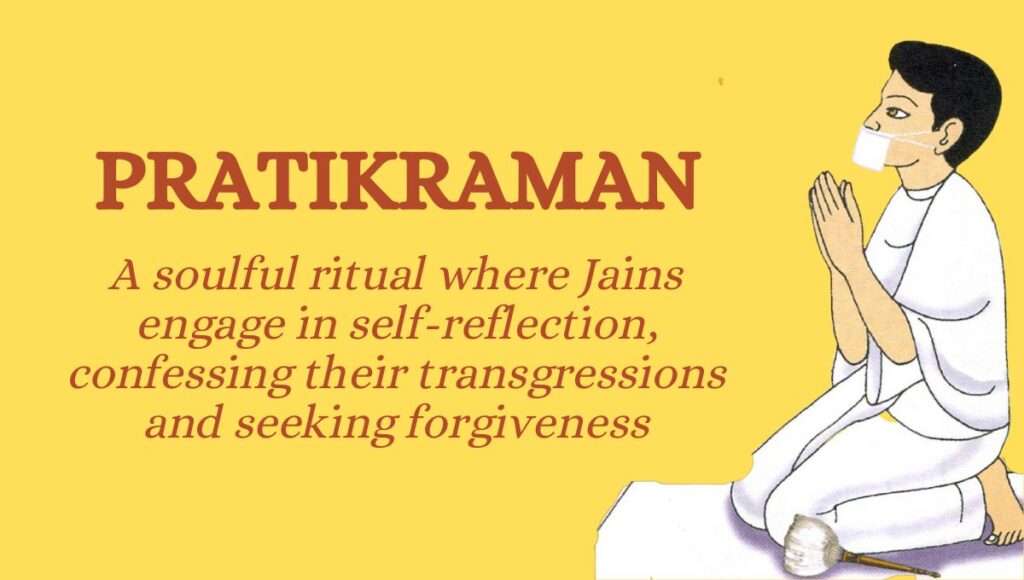
Now, how does one observe Samvatsari? Enter Pratikraman.
Pratikraman is a soulful ritual where Jains engage in self-reflection, confessing their transgressions and seeking forgiveness. It’s a serene ceremony, often accompanied by soulful chants that further the meditative experience.
But the highlight of Samvatsari is the universal message shared among Jains: “Michhami Dukkadam.” This beautiful phrase is more than just words. It’s an earnest plea, which translates to “If I have caused you offense in any way, knowingly or unknowingly, in thought, word, or deed, then I seek your forgiveness.” Such is the depth of this day – it’s not just about personal reflection, but also reaching out and mending broken bonds. 🙏
Alright! We’ve just scratched the surface of Samvatsari’s profound world. As we journey ahead, prepare to uncover some lesser-known facets of this festival that might just leave you in awe. Stay with me as we unravel these hidden gems in the next section! 😊✨
5 Things You Didn’t Know About Samvatsari
Dive in with me as we uncover some intriguing aspects of this festival that might surprise even the most seasoned Jainism enthusiasts!
i. The Cosmic Connection: 🌌
Ever felt that spiritual practices are sometimes beyond our earthly realm? Well, with Samvatsari, that’s not entirely metaphorical! Jain scriptures suggest that during this sacred period, even the celestial beings (Devas) engage in penance and reflection. They, too, take this opportunity to cleanse their souls and progress on their spiritual journey. So, while you’re reflecting here on Earth, imagine celestial beings doing the same up there in the cosmos!
ii. A Mental Health Booster: 💭
This might surprise some, but Samvatsari’s practices can be a boon for mental well-being. The act of introspection, confession, and forgiveness acts as a reset button for the mind. Letting go of accumulated guilt, anger, or grudges can have therapeutic effects, promoting mental clarity and reducing stress.
iii. Unique Traditions That Set It Apart: 🌀
Every Jain sect observes Samvatsari, but did you know there are unique customs within each? For instance, while the Svetambara sect observes an 8-day Paryushana leading to Samvatsari, the Digambara sect has a 10-day observance culminating in Kshamavani. While the core essence remains the same—forgiveness—the rituals and practices slightly vary, making each experience distinct.
iv. Meditation and Chants Play a Vital Role: 🎵
It’s not just about spoken words. The soulful chants and meditation sessions amplify the day’s spiritual energy. These chants aren’t random; they’re meticulously curated to resonate with the festival’s essence. For many Jains, the rhythmic chants, combined with deep meditation, facilitate an intense spiritual connection, making the experience even more profound.
v. Building a Harmonious Society: 🤝
While Samvatsari is deeply personal, it has broader societal implications. By promoting forgiveness, it fosters an environment of mutual respect and understanding. Imagine a community where misunderstandings are addressed with compassion and empathy. Over time, such practices naturally lead to a harmonious, peaceful society.
Samvatsari in Modern Times
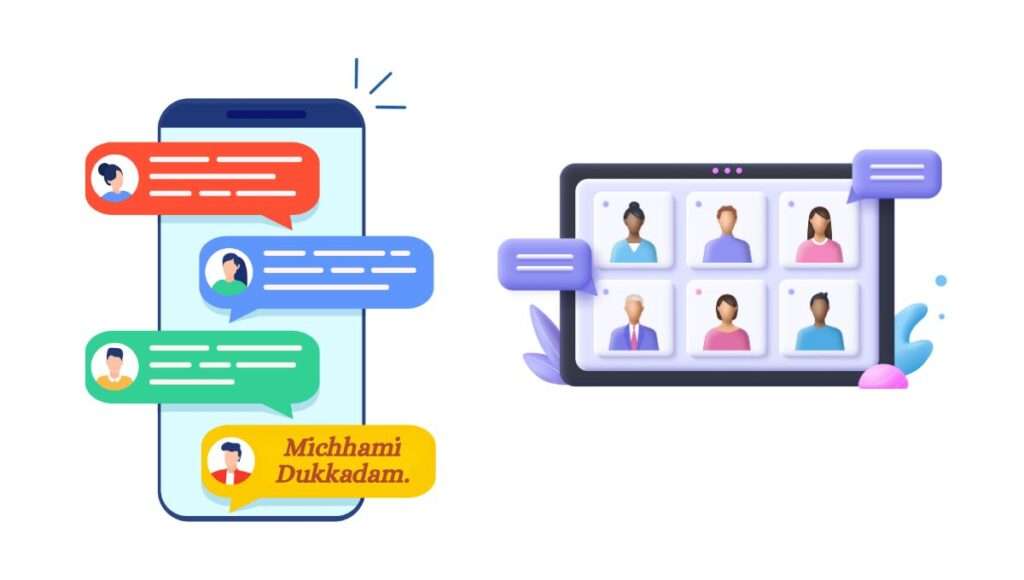
Now, let’s fast forward to today. In this age of instant messaging and digital connections, how has Samvatsari evolved?
Believe it or not, technology has brought a fresh spin. 📱 Many now send “Michhami Dukkadam” messages digitally to friends and family across the globe. Online platforms host virtual Pratikraman sessions, ensuring that even in our busy lives, the essence of Samvatsari remains intact.
However, the challenges are real. With dwindling attention spans and increasing distractions, maintaining the profound spirit of Samvatsari requires conscious effort. But it’s heartening to see many, especially the younger generation, take proactive steps to keep the traditions alive, blending the old with the new.
Phew! We’ve traversed quite a journey together, unraveling the myriad facets of Samvatsari. But as with all good things, our journey must culminate, leaving us with reflections and inspirations to carry forward. Are you ready for the concluding part of our exploration? Let’s wrap things up with some personal reflections and insights. 😊
Personal Reflections and The Way Forward:
Having walked alongside countless Jains during several Samvatsari observances, I’ve witnessed firsthand the transformative power of genuine introspection and forgiveness. It’s not just about uttering “Michhami Dukkadam” but feeling its weight and essence deep within.
My Own Dance with Forgiveness: 🍃
I remember a time when I was first introduced to the concept of forgiveness in such a profound manner. The mere idea of seeking and granting forgiveness, even for unknown transgressions, felt oddly liberating. It was like letting go of a heavy baggage I didn’t even know I was carrying.
But Samvatsari taught me that this isn’t just about individual catharsis. It’s about weaving a web of positive energy, where each act of forgiveness strengthens societal bonds and propels us towards a more empathetic, compassionate world.
The Timeless Relevance of Samvatsari: ⏳
In an era where grudges are held tightly and egos flare at the slightest provocation, Samvatsari’s teachings seem more relevant than ever. As the world grapples with divisions and misunderstandings, imagine the healing that could come from a collective act of seeking forgiveness.
Conclusion: The Timelessness of Forgiveness and the Path Ahead 🌟
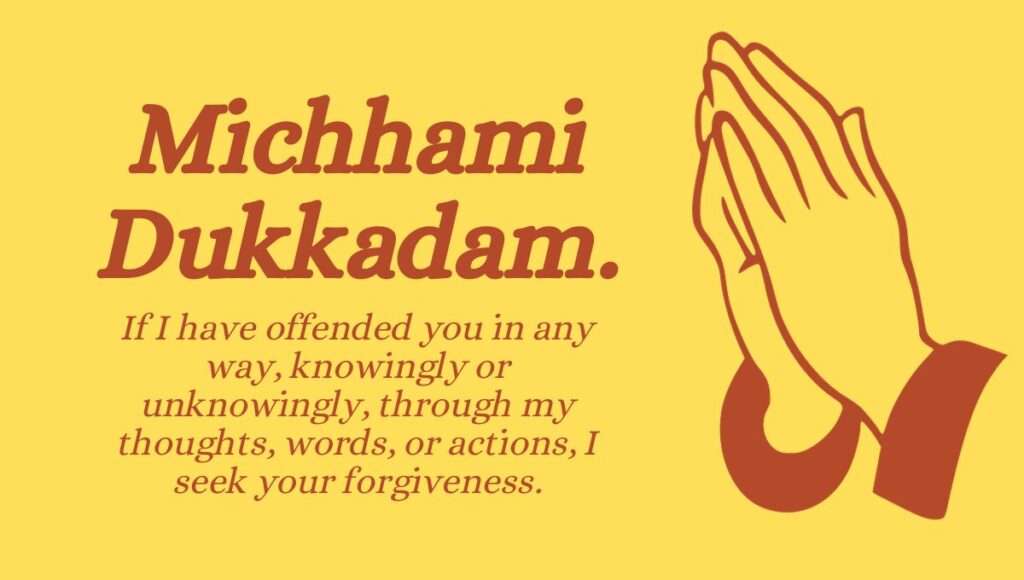
In the hustle and bustle of modern life, rituals, and festivals can sometimes feel like mere formalities. But when you peel back the layers and dive deep, the age-old wisdom hidden within traditions like Samvatsari shines through. It’s a gentle reminder that despite our technological advancements and rapidly evolving lifestyles, the core essence of humanity remains unchanged.
We all err, carry burdens of regret, and wish for moments to mend and heal. Samvatsari, in its profound simplicity, offers just that: a chance to cleanse, reset, and reforge connections not just with others but with our inner selves.
As we stand on the cusp of a world where digital connections often overshadow genuine human interactions, it’s festivals like Samvatsari that ground us. They serve as anchors, reminding us of the timeless virtues of introspection, humility, and, most importantly, forgiveness.
To all the readers, whether you’re familiar with Jainism or not, let the essence of Samvatsari inspire you. Because forgiveness isn’t just a word or an act—it’s a way of life. A path that promises peace, harmony, and spiritual growth.
So, irrespective of where you are or what you believe in, remember this: it’s never too late to seek forgiveness and start afresh. The path of healing and self-discovery awaits. Embrace it with an open heart, and let your soul be your guide.
Michhami Dukkadam. 🙏✨
FAQs
What’s the significance of the phrase “Michhami Dukkadam”?
It’s an earnest plea in Jainism, meaning “If I have offended you in any way, knowingly or unknowingly, through my thoughts, words, or actions, I seek your forgiveness.”
How is Samvatsari different from other Jain festivals?
While many Jain festivals celebrate various aspects of life and teachings, Samvatsari uniquely focuses on introspection, self-purification, and forgiveness.
Can non-Jains observe Samvatsari?
Absolutely! While rooted in Jainism, the core teachings of introspection and forgiveness are universal and can resonate with anyone, irrespective of religious affiliations.
How can one observe Samvatsari in today’s digital age?
Besides traditional practices, many engage in virtual Pratikraman sessions and send digital “Michhami Dukkadam” messages to maintain the essence of the festival in modern times.
Is there a specific time to perform the Pratikraman ritual on Samvatsari?
Yes, Jains typically perform Pratikraman during the evening. However, the exact timing can vary based on individual sect practices and regional variations.
I hope this deep dive into the spiritual essence of Samvatsari has been enlightening and inspiring. May your journey ahead be filled with introspection, growth, and boundless compassion. 🌟 If you’ve resonated with this piece, do share and spread the message of forgiveness and understanding! 😊🙏🌼

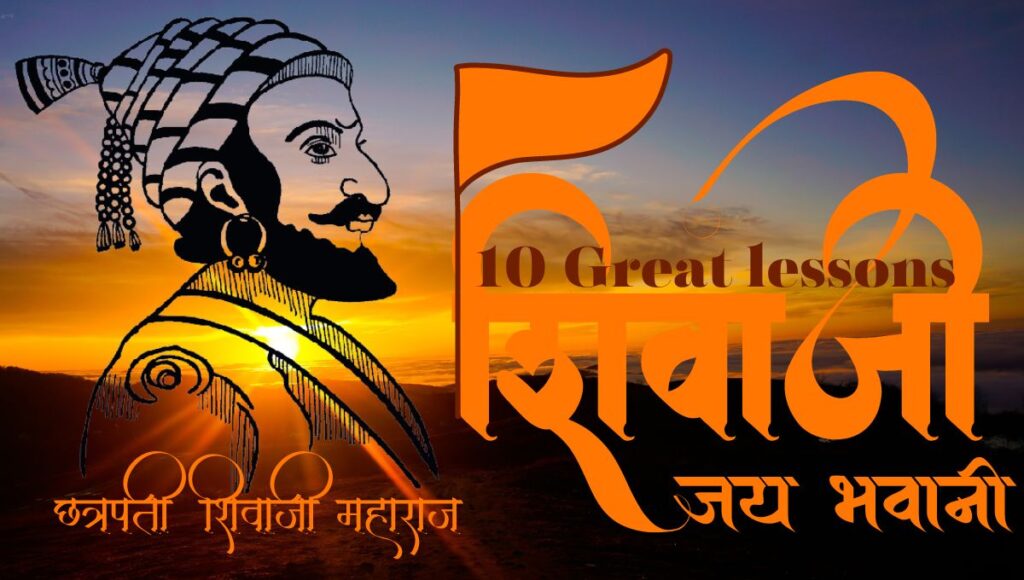
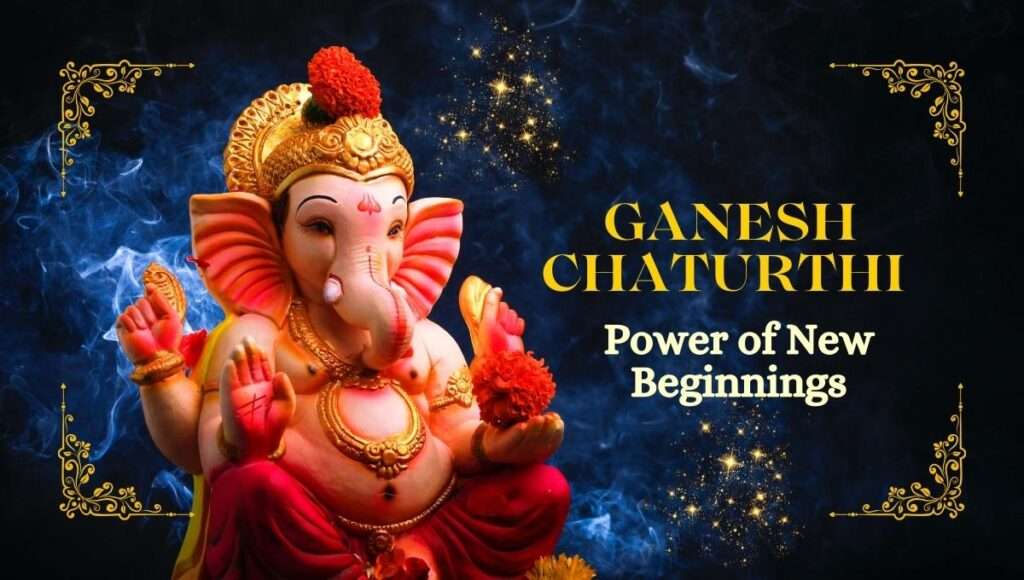
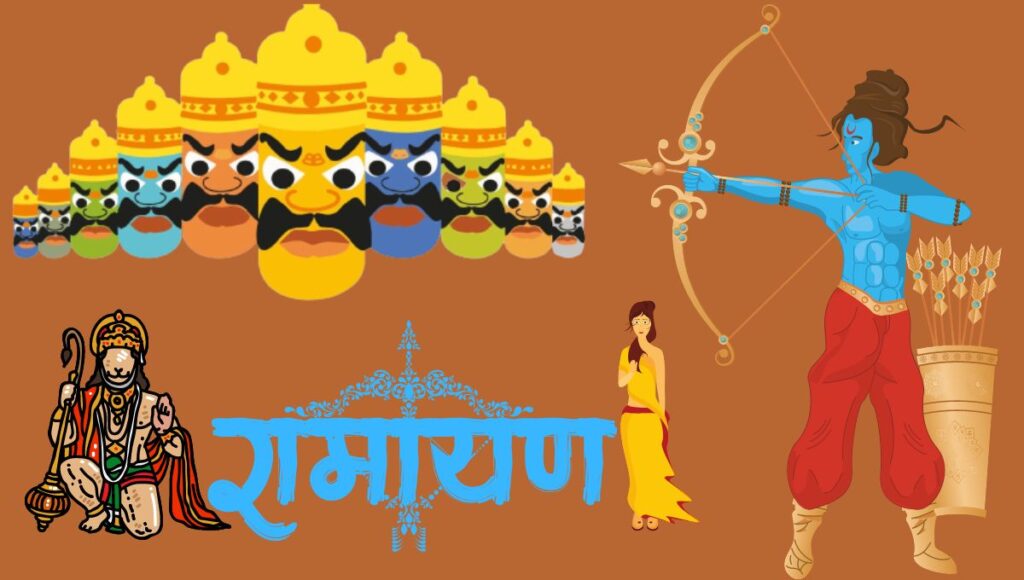
Normally I do not read article on blogs however I would like to say that this writeup very forced me to try and do so Your writing style has been amazed me Thanks quite great post
Hi there! This is kind of off topic but I need some advice from an establishd blog.
Is it hard to set up your own blog? I’m not very techincal
but I can figure things out pretty quick. I’m
thinking about setting up my own but I’m not sure where tto begin. Do youu have any tips or suggestions?
Appreciate it
Heey there! I know this is kind of off topic but I was wondering if youu knew where I
could locate a captcha plugin for my comment form? I’m using the same blog platform as yours and I’m having problems finding one?
Thanks a lot!